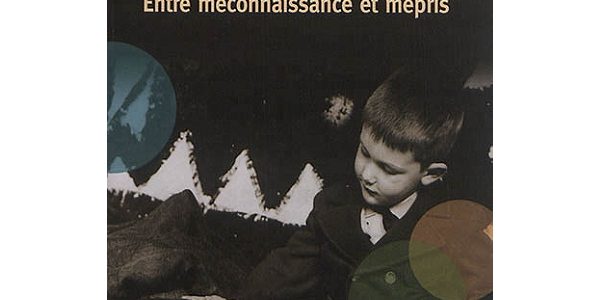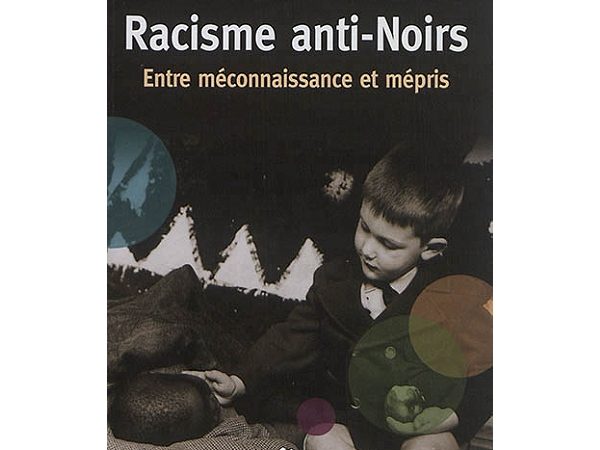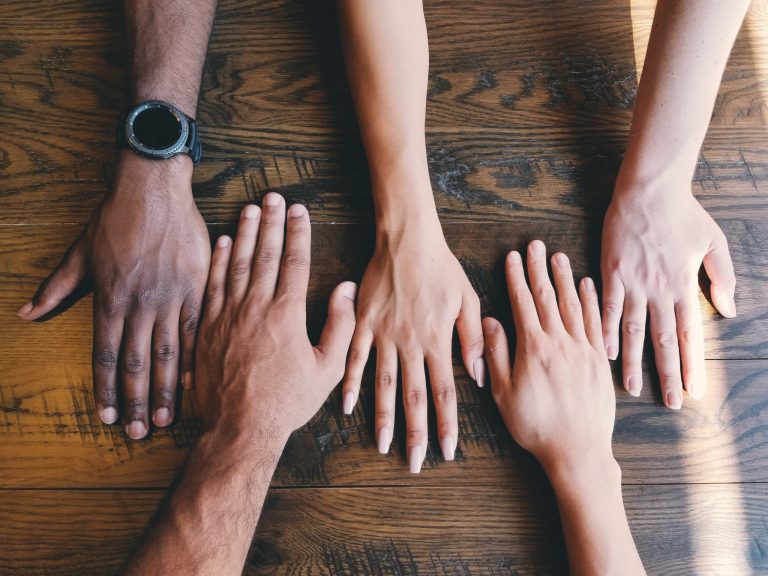I attended a presentation of the book (Racisme anti-Noirs) by Mireille Tsheusi Robert and Nicolas Rousseau from Justice & Paix.
The author is of the opinion that in Belgium, “Afrophobia” is not so much the case.
According to her, Blacks / Africans embody not so much “fear” as other groups in the population but “inferiority”. Racial stereotypes such as blacks are less intelligent, less clean, good dancers or entertainers and less capable of being decision-makers, etc.
I would sum up these race relations and stereotypes with one word: paternalism. The book is the result of a research for which the authors interviewed 85 professionals in the anti racism fields (academic, politic, nonprofit, etc.).
Disregarding support functions such as cleaning, cooking, reception, etc… 13% of these institutions had at least 1 black employee in their core-business activity.
Said differently, 87% of these companies have zero black / brown employee in their core-business activities! Though they are working in professional fields dealing with black / African diaspora groups and “issues”
My key takeaways from testimonials on “Racisme anti-Noirs” that evening:
- “If young graduates take the risk to go to Canada, Britain; they tried over and over without result. No opportunity for a job in corporate Belgium. I graduated more than a year ago. It plays on your self-esteem, stress level, etc. My white friends, with lesser qualification, got a job. It’s like these companies are rewarding these recruits for their mediocrity. Instead of a meritocracy. I am born here, graduated here, have the Belgian ID card but not matter how I feel from a citizenship point of view, society sends me the message: second-class citizen”
- “As an educator and social worker, I am urging youth: after you get your degree, the world is big, move out of Belgium! That trend has started.”
- “Being the only black wo.man in a white workforce is hard; people not saying hello, blatant racist comments, questions on my hair…”
- “We are not victims. We are survivors. If victims, we would stay at home and not go out every day to clock in jobs where we’re overqualified. Only people who are not experiencing what we go through, can say that we are victims or playing the race card. When different persons, in different parts of the city or the country, keep telling the same story, without interpersonal links, listen.”
In the workplace :
As a professional, how these racial stereotypes impact career opportunity and advancement?
As a company, how these racial stereotypes impact your (in)ability to attract and to retain new, diverse talent?





